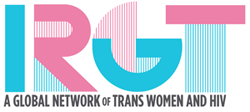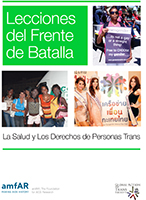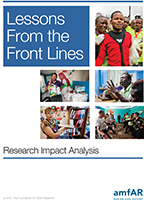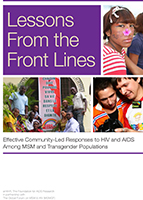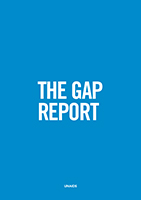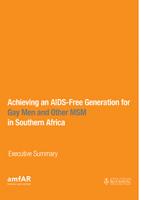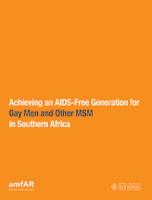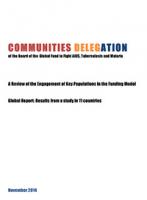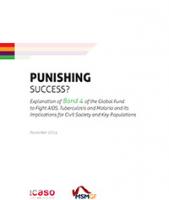
El informe, disponible en Inglés y Español, examina los datos de acceso a los servicios de salud y protecciones legales para las personas transgénero en diferentes contextos, y detalla cómo el estigma social y la discriminación institucionalizada se unen para crear retos casi insuperables para estas poblaciones y las organizaciones que sirven ellos. Más importante, sin embargo, el informe describe cómo las organizaciones de base se han enfrentado, respondió a, y en algunos casos resueltos, muchos de los innumerables retos que se enfrentan. Las organizaciones perfiladas han logrado sus éxitos a través de una combinación de coraje personal, determinación, trabajo en equipo, y el empleo de estrategias audaces y creativas.
Year of publication:
2014
Media:
